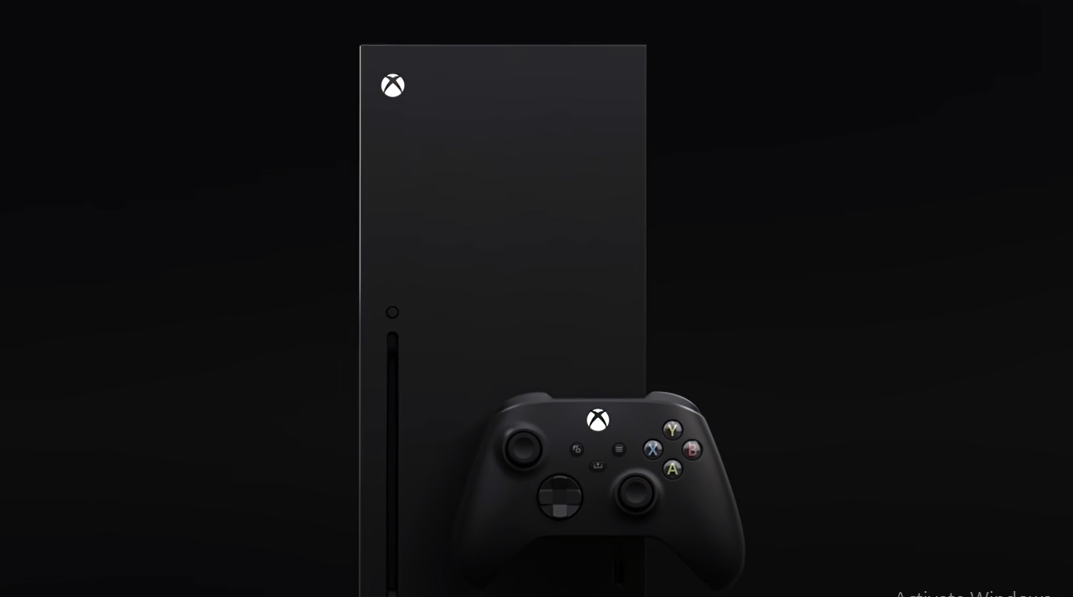
Microsoft’s Cloud Gaming service only supports Xbox titles at the moment but the company has plans to expand the support to PC titles.
- Microsoft is planning to expand its Xbox Cloud Gaming service to include PC games and will use its Azure servers for this move.
- This initiative began when rumors emerged that Google was turning its cloud gaming service, Stadia, into a white-label product.
- Internal emails from Microsoft executives show how their discussions about offering cloud gaming as a Platform as a Service (PaaS) backend and streaming PC native games from Azure GPU SKUs.
With Windows and Xbox, Microsoft offers two of the most popular gaming platforms worldwide. Xbox Cloud Gaming, the company’s popular game streaming service, is limited to games that are compatible with the Xbox platform. It has now been revealed that the massive tech company intends to expand the scope of its Cloud Gaming service to include games that are also accessible on PCs.
Microsoft has been developing its plans for a while. They got underway in 2021 when rumors circulated that Google was going to transform Stadia, its cloud gaming platform, into a white-label product that other developers could use to sell their own games. Even while those allegations were untrue—especially since that Google has shut down Stadia—they nevertheless motivated Microsoft to develop a replacement.
The FTC case regarding the company’s acquisition of Activision Blizzard is the reason we have access to this information.Microsoft intends to use its Azure servers for the proposal, according to internal emails obtained by The Verge from the case.
Microsoft CEO Satya Nadella expressed his concerns in an email to three of his co-executives, Xbox head Phil Spencer, Cloud Gaming boss Kareem Choudhry, and Xbox Creator Experience chief Sarah Bond, following the emergence of speculations regarding Google’s plans for Stadia.

It said in the email, “Interesting… What does this mean, I wonder? They appear to have an advantage because their products are more general Linux virtual machines plus networks. But I take it that we’ll handle Game Pass PC in the same way? And if that’s the case, we can also offer Cloud Gaming as a PaaS backend with the same degree of freedom.”
Stated differently, Nadella feared that Google’s speculated intentions for Stadia would provide the corporation with a competitive edge over his own. He proposed that they take a similar approach with their Cloud Gaming service and make it available to developers as a product in order to neutralize this threat.
In less than sixty minutes, Spencer answered Nadella’s email. The CEO of Xbox expressed his skepticism over the speculated Google move and—big news—he acknowledged that they were developing a streaming service for “PC native games from an Azure GPU SKU.” He acknowledged that it was plausible, even though he did not specifically state that they would provide the service as a white-label product like Google did.

Choudhry added further insight and commentary to the discussion. Supporting Spencer’s ideas, he disclosed that he and Bond were working feverishly to come up with a way to provide PC games on Microsoft’s Cloud Gaming service.
He penned, “Phil is right. Together with Jason’s [Zander] team, Sarah [Bond] and I are advancing a viable Azure SKU as the first in a series that will meet external client demand for IAAS and power our xCloud PC streaming stack.”
Even though this meeting took place more than two years ago, there has been little sign that Microsoft has made significant progress toward its goals. The Verge did, however, confirm that they are still in progress. We believe that Microsoft de-accelerated its efforts following Google’s withdrawal of its threat to provide Stadia as a white-label product, which is the cause for this lack of development.
However, we hope the firm finally completes its intentions, since we believe gamers will profit from a Cloud Gaming service that delivers titles across PC and Xbox.
